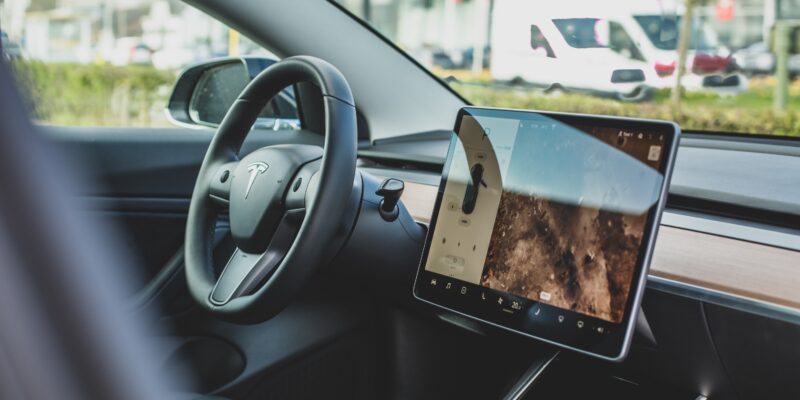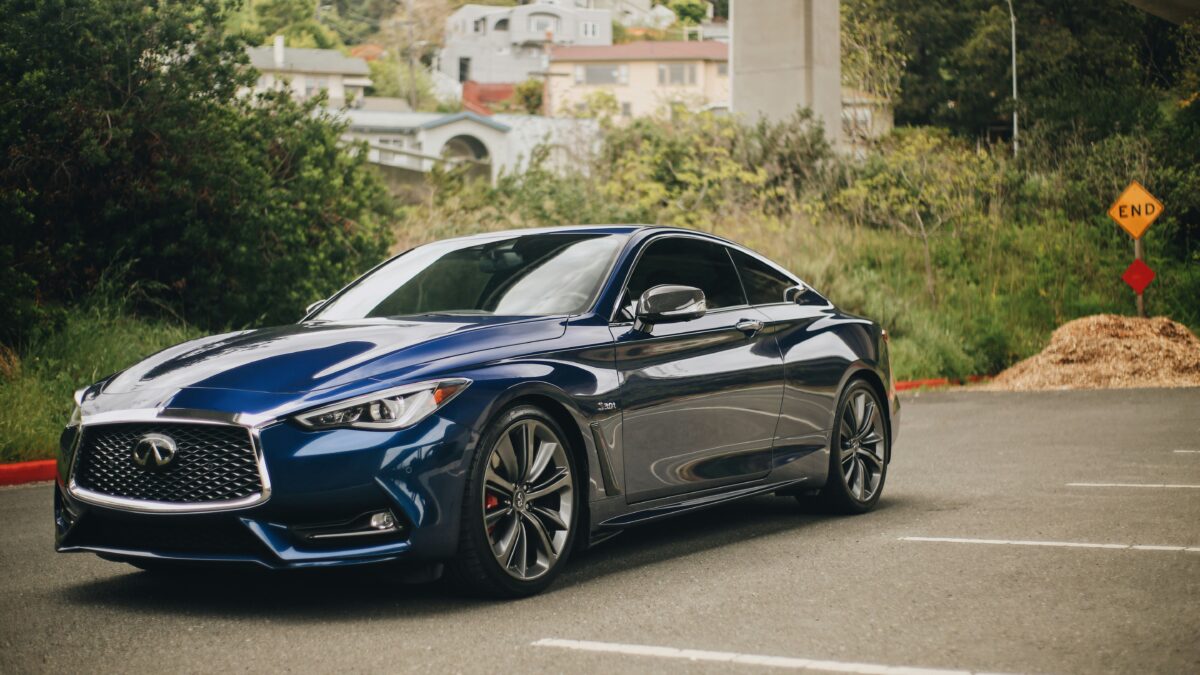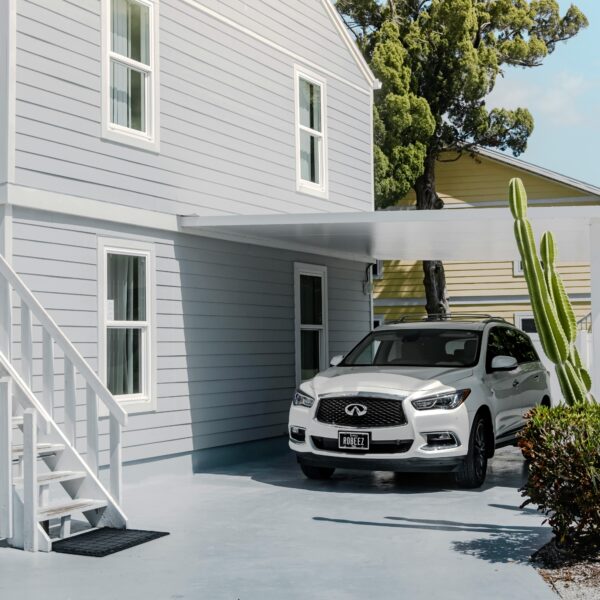Electric Out, Gas In: Hertz Is Selling 20,000 EVs for Gasoline Cars
Last week CNN reported another setback to electric vehicle integration. Hertz, the American car rental company, is selling 20,000 electric vehicles, nearly a third of its electric fleet, to expand its gas-powered offerings in the new year.
Despite the initial enthusiasm for electric vehicles, Hertz’s executives have acknowledged their impact on the company’s financials. While electric vehicles boast lower maintenance costs, the company has experienced higher expenses in terms of damage repair and depreciation.
Tesla, being a newer company, lacks the extensive inventory of replacement parts and trained repair technicians that more established car manufacturers possess, resulting in both increased costs and prolonged repair times, according to Hertz executives.
The sale of 20,000 electric vehicles is expected to provide Hertz with the capital needed to enhance its gas-powered options, enabling the company to meet the demand for vehicles that align with both consumer preferences and the economic considerations essential for Hertz’s financial health.
EV price cuts have largely impacted their decision
EV price cuts have significantly influenced Hertz’s recent decision-making. The reduction in electric vehicle (EV) prices within the new car market has played a direct role in diminishing the resale value of Hertz’s existing electric vehicle fleet.
This deliberate choice to scale back on EV purchases emphasizes the intricate relationship between the broader automotive market and the operational decisions made by rental companies like Hertz.
According to Hertz CEO Stephen Scherr, “The MSRP declines in EVs over the course of 2023, driven primarily by Tesla, have driven the fair market value of our EVs lower as compared to last year, such that a salvage creates a larger loss and, therefore, greater burden.”
Although Hertz isn’t laying full blame on Tesla, it’s no secret that Tesla’s pricing strategy has had a negative effect on the fair market value of EVs across the nation. When the price for a new EV is closer to the resale value of used, consumers are inclined to buy new.
Due to this trend, Hertz foresees a loss of approximately $245 million, stemming from the depreciation of electric vehicles (EVs). This averages around $12,250 per vehicle, as outlined in a filing with the Securities and Exchange Commission (SEC).
Hertz is selling 20,000 electric vehicles (EVs), with Tesla models making up 80% of the inventory.
Electric vehicles comprise 11% of Hertz overall rental fleet. However, of those electric models, nearly 80% are Tesla vehicles. The decrease in price of new Tesla models has not only impacted the used vehicles owned by Hertz but has also influenced the overall value in keeping them as part of their fleet.
Given the intertwined nature of the used car market and rental industry, the decision to potentially phase out more Tesla models becomes a pivotal business consideration. In addition to devaluation, Tesla EVs are statistically more prone to crashes.
Hertz executives acknowledge this reality as another driving force for their decision. Essentially, it extends beyond financial aspects, with safety also playing a crucial factor in reducing the number of Tesla EVs available on their rental fleet.
As of now, the company is revising its electric vehicle offerings until cost and part availability align with the company’s strategic goals. This reevaluation aims to ensure that Hertz continues to provide reliable services that don’t financially burden the company and, by extension, its customers.
Interested in owning a used Tesla model? Explore the Hertz Car Sales website if you’re considering the purchase of one.
















